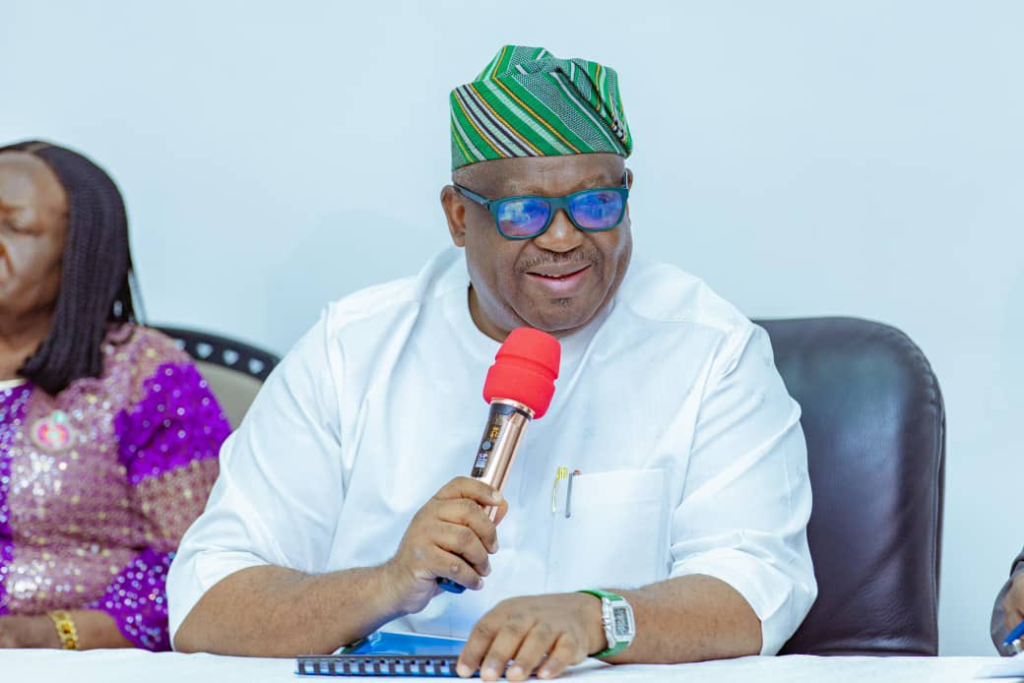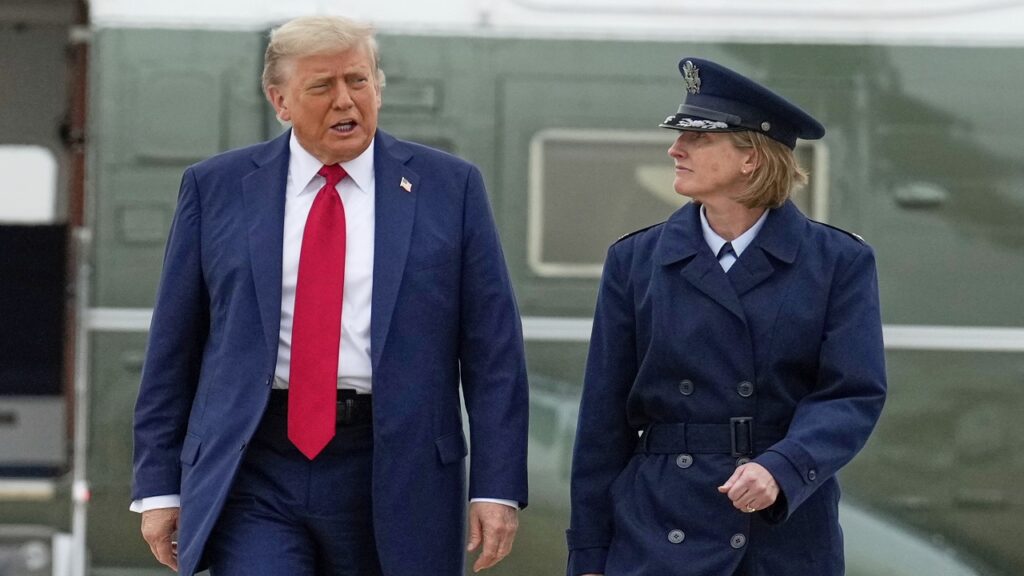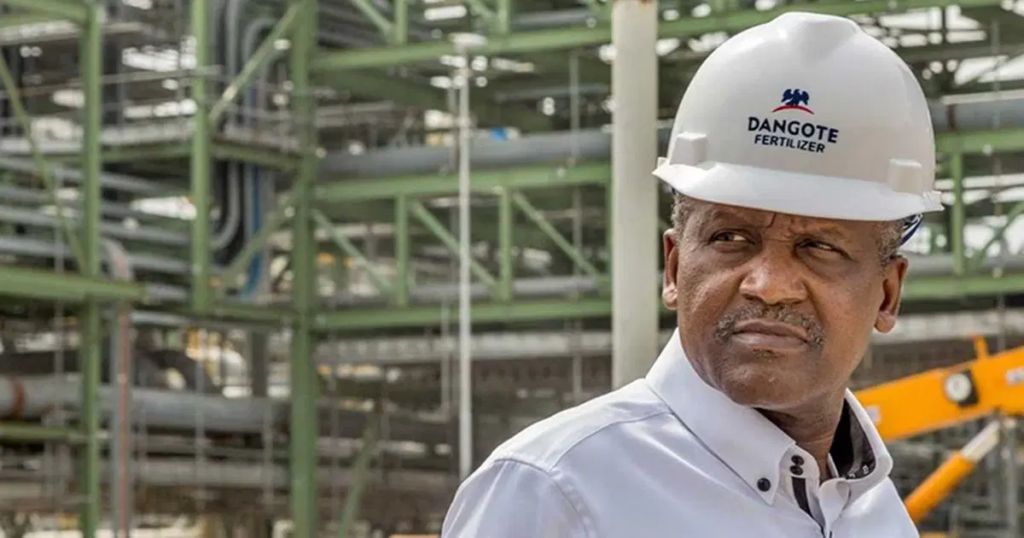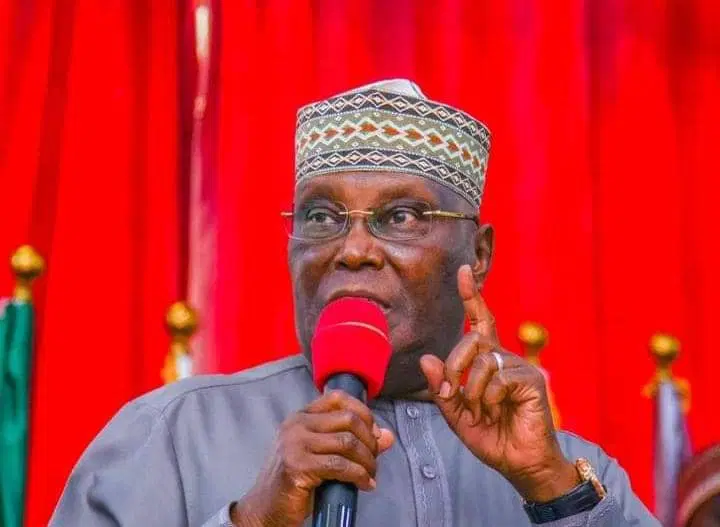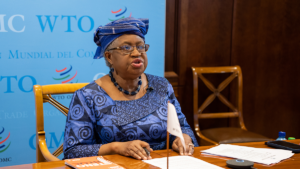The management of Dangote Petroleum Refinery has called on the Nigerian Upstream Petroleum Regulatory Commission (NUPRC) to strictly enforce the domestic crude supply obligation outlined in the Petroleum Industry Act (PIA).
They emphasize that Nigerian refineries should have the right to purchase crude directly from domestic producers, bypassing international intermediaries, as stipulated in the PIA.
Anthony Chiejina, the spokesman for Dangote Group, acknowledged the NUPRC’s statement regarding the facilitation of 29 million barrels of crude oil allocation to the Dangote Petroleum Refinery and Petrochemicals. He expressed gratitude for this allocation but highlighted that the refinery has yet to receive the cargoes. Chiejina stated, “Aside from the term supply we bilaterally negotiated with NNPCL, so far NUPRC has only facilitated the purchase of one crude cargo from a domestic producer. The rest of the cargoes we have processed were purchased from international traders.”
The management of the refinery insists that the domestic crude supply obligation, as enshrined in the PIA, should be fully enforced, allowing Nigerian refineries to procure crude directly from local producers. Chiejina further commented on NUPRC’s statement, noting, “Unfortunately, the NUPRC has effectively admitted in their statement, that they will be unable to enforce the domestic crude supply obligation as specified in the PIA citing ‘sanctity of contracts’ as an excuse.”
This appeal from Dangote Petroleum Refinery comes on the heels of their ongoing challenge in securing sufficient crude from the Nigerian National Petroleum Corporation Limited (NNPCL) to optimize refinery operations. In a release signed by Chiejina, the refinery management emphasized, “We therefore still insist that we are unable to secure our full crude requirement from domestic production and urge the Nigerian Upstream Petroleum Regulatory Commission (NUPRC), to fully enforce the domestic crude supply obligation as mandated by the PIA.”
Chiejina also clarified that the company had not accused NNPCL of failing to supply crude. Instead, he pointed out that the primary concern is NUPRC’s reluctance to enforce the domestic crude supply obligation and ensure that the refinery receives its full crude requirement from NNPCL and International Oil Companies (IOCs).
He revealed, “For September, our requirement is 15 cargoes, of which NNPC allocated six. Despite appealing to NUPRC, we’ve been unable to secure the remaining cargoes. When we approached IOCs producing in Nigeria, they redirected us to their international trading arms or responded that their cargoes were committed.
Chiejina also highlighted the financial implications of this situation, stating, “Consequently, we often purchase the same Nigerian crude from international traders at an additional $3-$4 premium per barrel which translates to $3-$4 million per cargo.”




